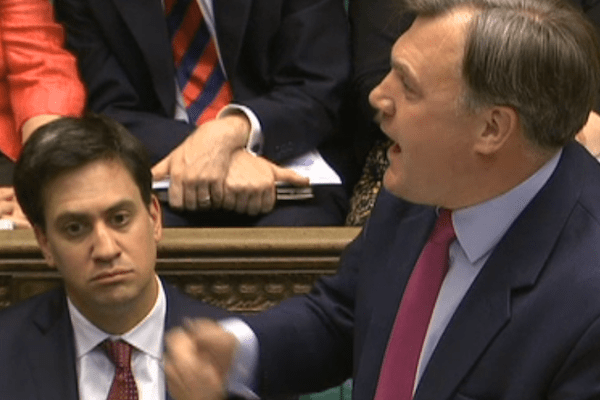The Spending Review was a political device that the chancellor clearly hoped would get him through to the end of this parliament. But if the spin doesn’t match the realities of life, I don’t think the public will buy it.
A big risk for both governing parties is that high increases in the cost of living define the next election. The Liberal Democrats cling to their £10k personal tax allowance as the policy that will get them through the general election in 2015, and the dry-run coming in next year’s local elections. 10k’s a natty round number that’s easy to remember, and I would be the first to admit that straight forward practical solutions that the public can understand are important in politics. But the problem for both the Lib Dems and the Tories is that income (and the bottom line of your pay slip) is only one side of the living standards coin.
At the height of the global financial crisis in 2008, each month from July to December saw annual food prices increase by over ten per cent against the year before. Since the crash, food prices have risen overall by 18 per cent (that’s 5 points higher than cumulative inflation for the period). It’s no surprise that when I regularly speak to Wirral constituents, they say that prices in the shops are a problem. Nor that YouGov polling suggests that, over the past year, around half of people consistently say they think their family finances will get worse over the next year. Too many families are still having discussions about what to cut to keep themselves going. Some people face the worst, and experience the indignity of a food bank (grateful though we all are to the volunteers who organise them). Others cancel holidays, don’t bother with the new car, or cut back on plans to do up the bathroom. Not perhaps a long-term disaster for one family; but, in aggregate, a brake on economic growth and damaging to small and large businesses alike.
Tory Treasury ministers continue to shrug away criticism of their VAT hike. Yet it’s not just the shadow chancellor who that thinks it might have had an impact on prices. Mervyn King’s open letters to the chancellor about inflation have also contained warnings about the impact of the VAT rise. (The Governor’s letters also demonstrate the impact that energy prices have had on the cost of living. That’s why Labour has set out a suite of policies that would take on vested interests in this industry.)
On food prices specifically, my colleague John Denham has suggested opening up data on food prices. Giving people full information in the market place could help people choose better and lower prices. And we also need macro intervention, including: global action to tackle commodity speculation, reforms to the Common Agricultural Policy (which will benefit the developing world and cut food prices at home) and genuine trade reform. None of this is easy, but working with other countries could benefit all. What a shame that Cameron’s leadership of the recent G8 barely considered the broader food price problem.
Sadly, though, instead of getting to grips with living costs, the government focuses on simple sound bites. It has a Lib Dem focus leaflet approach to economic management that will, I suspect, receive a similar response from the public that the yellow half of the coalition has got lately.
As Ed Balls puts it, ‘life is getting harder for ordinary families. Prices are rising much faster than wages, bank lending to businesses is down, and long-term unemployment is rising.’ Unless the chancellor demonstrates that he understands what life is like around the average British dinner table, I suspect UK families will continue to take a dim view of his economic plans.
Alison McGovern MP is the Labour MP for Wirral South






Comments